The World Meeting of Families in Milan was one year ago. What were the results?
Monsignor Jean Laffitte: It was a very significant event from a spiritual point of view, as well as in a social and ecclesiastical perspective. More than 1 million people had come to pray with the Successor of Peter and had the occasion to dialogue with him on what being a family means nowadays. The theological-pastoral conference has been crossed by many lecturers from more than 30 countries in the world. And last but not least, many families had the chance to meet each other, in a very intense moment of ecclesiastical fraternity and joyful testimony towards the society.
The next appointment is in Philadelphia, in two years (Sept. 2015)…
Laffitte: We are at the beginning of the organization and the program is yet to be defined. Philadelphia will be a very important event especially for the American continent. There will be families from North America that face the same difficulties as the European ones, as well as families from the big and complex reality of Latin America. We hope that many people who can give a Christian testimony to family life will be able to participate. The main theme of the meeting is the Family as Good News.
There is also a closer appointment within the Year of Faith, at the end of October, which is the Pilgrimage of Families to St. Peter’s…
Laffitte: It will be a moment of faith shared among all the families present. It’ll be an opportunity for them to meet the Holy Father, who is celebrating the Mass on Sunday and who will participate in the conclusive moment of the pilgrimage on Saturday afternoon in St. Peter’s Square.
We don’t get much good news on the family as we look at Europe. How do you see these events, and the demonstrations against some of the new legislation, as in France?
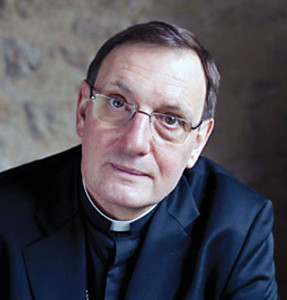
Monsignor Jean Laffitte
Laffitte: The onslaught of dictating new life criteria is clear: the institution of the family is made relative, family is compared to other types of union between persons, same-sex ones included. We must be vigilant in defending the true nature of marriage; and it is also a form of justice for spouses who, by getting married, participate in building the common good, not simply realizing a subjective desire. We must recognize that this kind of relativization is carried on by political and ideological pressures, more than by an actual popular desire.
There are many countries mostly far from these preoccupations and yet over pressured on these themes, such as in Africa, now endangered with the suspension of economic help, or the Philippines, where a law on “reproductive health,” which imposes the gender ideology, has been introduced even in the schools.
We constantly follow the situation in different countries, by teaching, traveling, holding conferences in many parts of the world, meeting politicians and family associations, publishing and working on juridical matters.
The family is a good for society, not only for Christians. When Christians fight for the family, they participate in the promotion and defense of the common good. We can observe a deep reaction from communities and people and most of all, in the West, from the youngsters, as in France. The aspiration of creating a family and having children is a deep desire that inhabits young people’s hearts. They have a simpler and more authentic approach to things, because they have their lives ahead, and they don’t let such a violent ideology affect them.
We usually hear of family as a “cultural option,” without any reference to natural law. How can we overcome this misunderstanding?
Laffitte: Natural law is what is in the heart of a man and a woman as a deep aspiration, transcending even different cultural traditions. The relationship between a man and a woman as a proper institution is not an invention of the Church; the vast majority of human societies have supported this institution in order to protect the woman and to assure the transmission of life.
The practice of sexuality and the gift of birth are two non-dissociable dimensions, and they are “madness” when separated. From one side, procreation occurs outside of the man-woman relationship, even in an artificial way that often responds to whims that have nothing to do with human love. On the other side, sexuality is released from any responsibility, so that every experience is possible as long as it brings a certain kind of satisfaction, regardless of any wicked implications.
We also have the duty of saying and saying again and explaining that the gift of birth and the practice of sexuality are not banal matters and must not be separated.
Some cultures admit polygamy. How do you view this matter?
Laffitte: It is a phenomenon of some traditions from Islam and some countries in Africa. We have attended some conferences on this theme. It is to be noted that the problem of polygamy is not connected to a sexual promiscuity, as we often think, but rather to the juridical problem of the protection of women and the recognition of children born of different unions. It is a complex matter, present primarily in countries without a strong Christian tradition. In traditionally Christian countries, we should stress the fidelity, indissolubility and unity of marriage.
Are there couples whose lives are models of sanctity?
Laffitte: All of them, we hope! After the deepening of conjugal spirituality of Vatican II there has been particular attention to the sanctity of the couple. We have the Beltrame-Quattrocchi spouses, the Martin spouses, parents of St. Therese of Lisieux. Since the beatification of Louis and Zélie Martin, devotion towards them has extraordinarily increased. When both spouses are saints, it means that the causes for both have been studied: there is a personal research for each one of them. But they have sanctified their lives together, in marriage. Each has made himself a source of sanctification for the other.

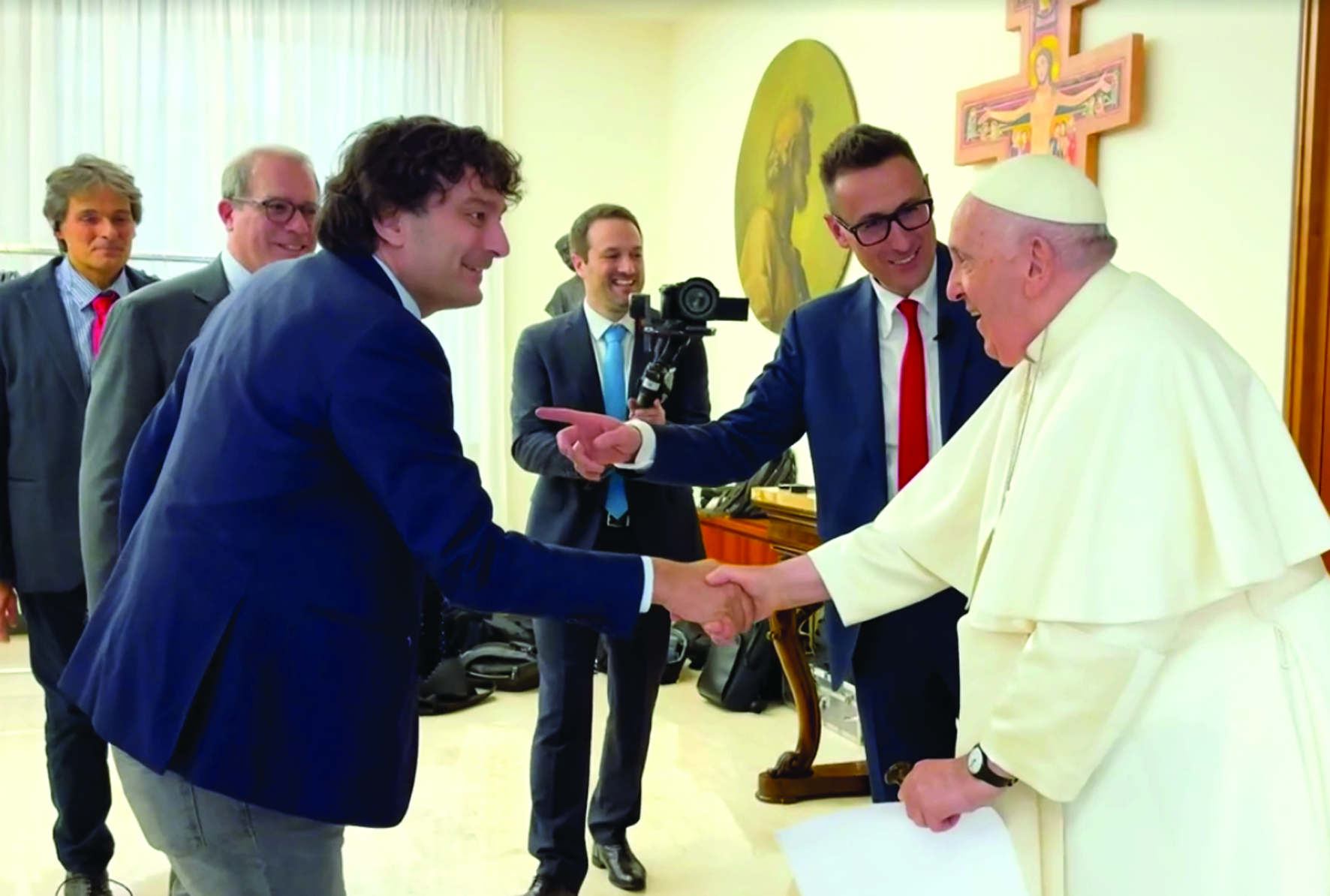
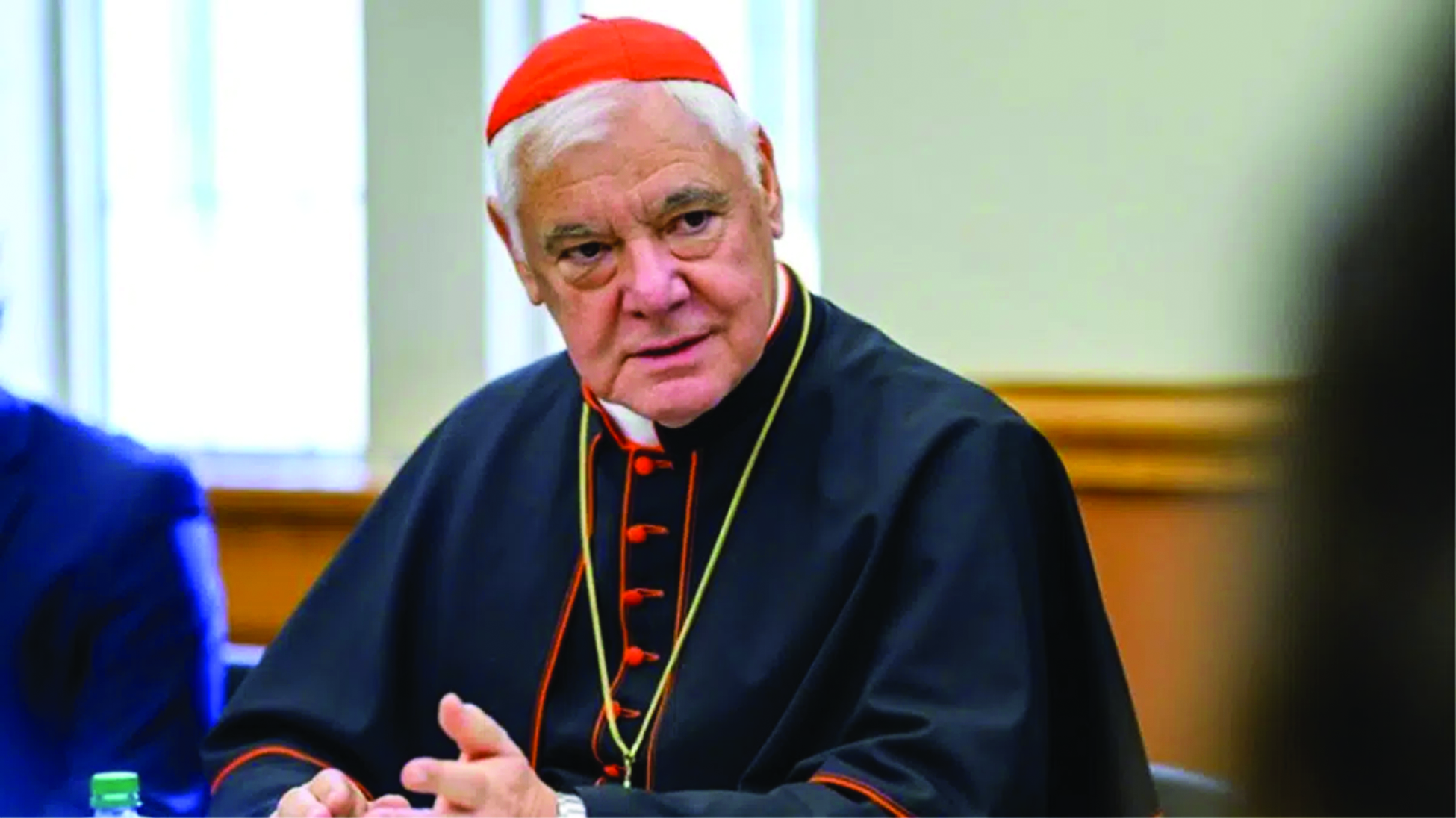

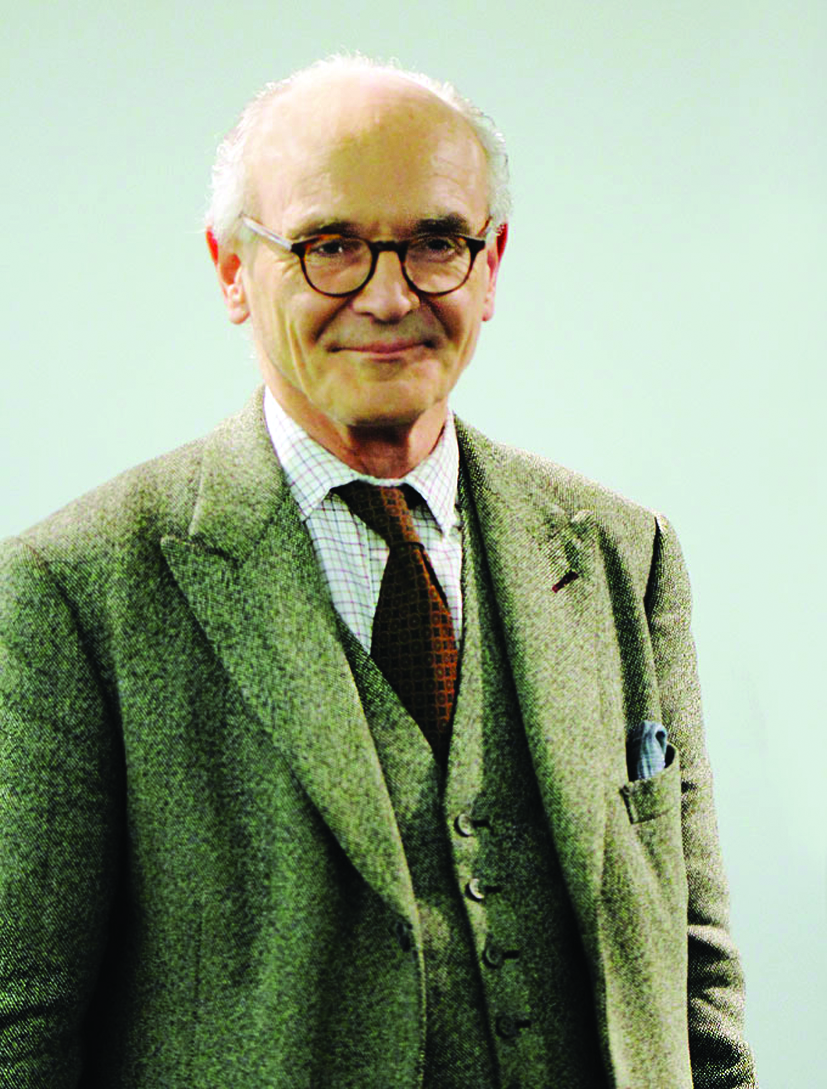
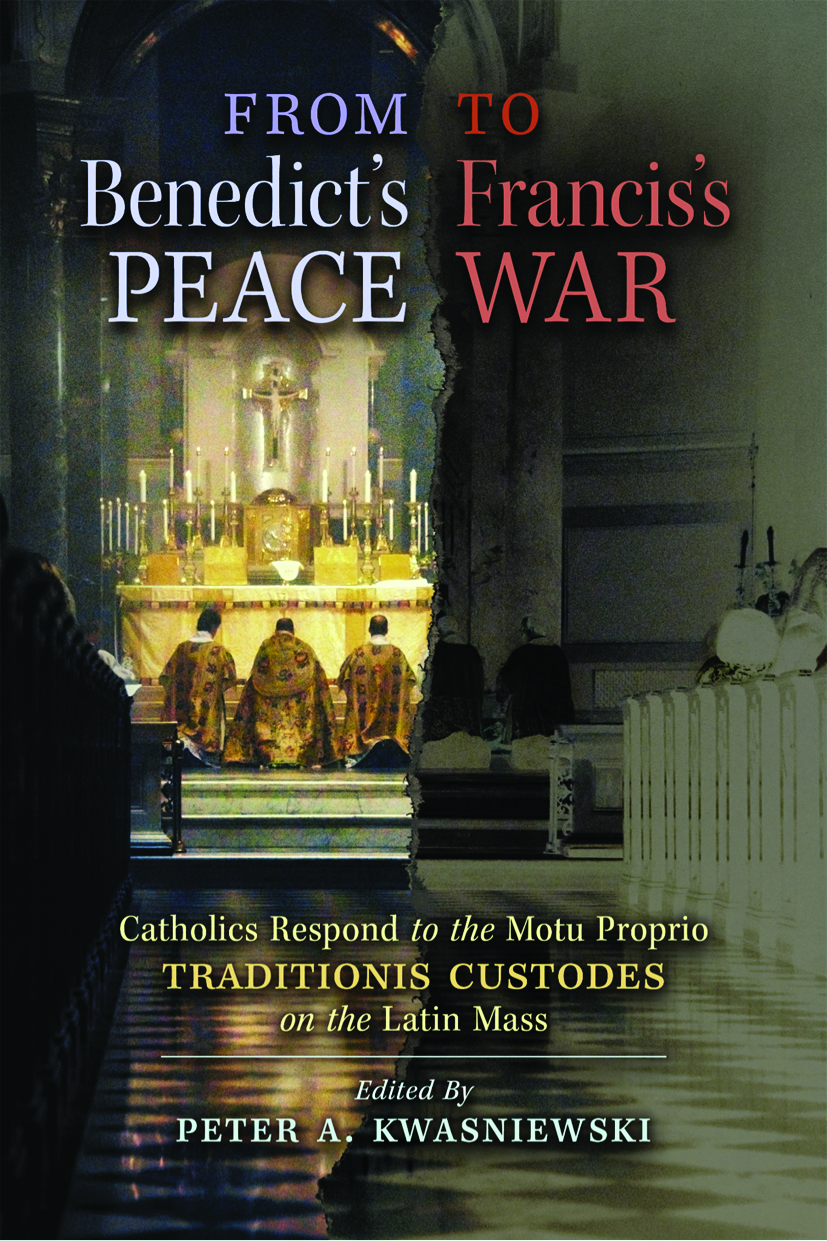
Facebook Comments